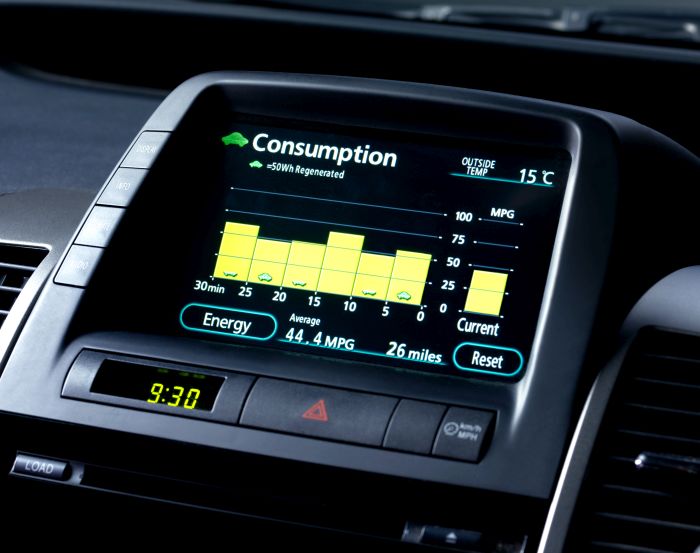 What are the similarities between an innovation that allows you to play your favourite music or utilise the convenience of your smartphone while driving your car, and a business technology platform?
What are the similarities between an innovation that allows you to play your favourite music or utilise the convenience of your smartphone while driving your car, and a business technology platform?
Most modern cars now have a feature called CarPlay, which allows you to connect your Apple or Android phone to your vehicle. CarPlay creates a platform for your car to interact with various applications on your phone, allowing you to do things like make calls and play music without having to physically interact with your phone.
For example, you can launch Google Maps from the CarPlay function via your car’s touch screen or select a new location using voice prompts. In this case, your car interacts with Siri on your phone and executes the instruction via the CarPlay platform.
A Business Technology Platform is like CarPlay for enterprises.
A Business Technology Platform is defined by four domains, namely Database & Data Management, Analytics, Application Development, and Intelligent Technologies. These four domain areas can be viewed as the primary applications on your CarPlay, allowing businesses to interact with data, for example predictive analytics to make predictions about the future state of the business to plan more effectively.
The Business Technology Platform serves as the foundation for all SAP applications and enables the end-to-end integration of applications and business processes.
In the same way CarPlay ensures a seamless integration of your phone with your car, improving the driving experience and enhancing usability, businesses can use the Business Technology Platform to keep their core ERP system “clean,” and then perform extensive customisation and integration using the Business Technology Platform’s application development and integration capabilities.
Click here to access free SAP Business Technology Platform trail services
What are the benefits of the Business Technology Platform to companies?
 A Business Technology Platform unlocks significant benefits for companies by improving the ease at which they can optimise core business processes and better integrate their most important business applications.
A Business Technology Platform unlocks significant benefits for companies by improving the ease at which they can optimise core business processes and better integrate their most important business applications.
For example, every company needs analytics. Using the Business Technology Platform, companies can provide dashboards, real-time reporting, and predictive analytics to their employees and suppliers using embedded analytics capabilities, allowing them to have a forward-looking view of their business operations.
In financial planning, the Business Technology Platform gives companies the ability to ‘map out’ their financial journey. Think of financial planning as planning a trip using Google Maps: companies can leverage the Business Technology Platform to receive continuous and real-time information on the financial equivalent of traffic patterns and alternative routes.
Many companies are grappling with database and data management, which relates to how data is stored as well as how different types of data from various sources can be seamlessly integrated. The Business Technology Platform enables companies to integrate and process data from various sources without physically moving the data, much like CarPlay allows you to integrate with your mobile phone’s address book without physically moving your contacts to your car.
Finally, many companies are seeking to unlock the benefits of intelligent technology solutions. In some industries, such as manufacturing, the use of sensors to collect data and automate certain decisions in real-time has become a business imperative and a must-have for success. A manufacturing plant, for example, can completely automate the plant maintenance schedule, where sensors monitor the various pieces of machinery and compare this data to their output to determine and predict when the various machines will fail and when they need to be serviced.
In this regard, the Business Technology Platform enables companies to automate these processes to improve quality, efficiencies, and production output.
The Business Technology Platform is an enterprise-grade platform that allows companies to interact with data through applications and integrate their applications with business processes. It enables companies to leverage data in a coordinated, efficient, and cost-effective manner, while also ensuring the seamless integration of various data sources and business processes.
It lends an uncertain and often difficult business journey a sense of predictability and control, and enables decision-makers to better orchestrate how the business responds to emerging challenges and opportunities.
In an unpredictable and ever-changing world, the Business Technology Platform gives businesses an advantage by allowing them to be more agile, mitigate risk, and capitalise on emerging opportunities.



